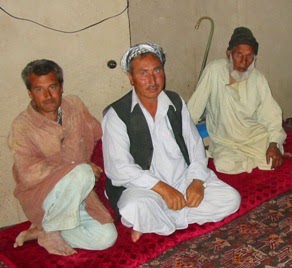People are always having good ideas. In business, ideas are checked out using market research techniques. In translation, drafts are checked with ordinary speakers of the language. What can we do with Scripture Engagement work and products? We can do some research before we begin to find out what the needs are. One of the best tools for this is the Eight Conditions Questionnaire, based on the article by Wayne Dye:
Eight Conditions
You basically answer a set of questions (written by Tim Hatcher) and give each condition a score. Based on those ratings you can work out what the main needs are. For instance it might be a need for spiritually-sensitive materials that will appeal to the heart condition of the people and help replace fear of the evil eye. These materials can't easily be translated from English or another lingua franca. It's best to ask a local believer to write them. The eight conditions will also help you work out the best media options for the people group you are working with.
The questionnaire can be found here:
Eight Conditions Questionnaire
Eight Conditions
You basically answer a set of questions (written by Tim Hatcher) and give each condition a score. Based on those ratings you can work out what the main needs are. For instance it might be a need for spiritually-sensitive materials that will appeal to the heart condition of the people and help replace fear of the evil eye. These materials can't easily be translated from English or another lingua franca. It's best to ask a local believer to write them. The eight conditions will also help you work out the best media options for the people group you are working with.
The questionnaire can be found here:
Eight Conditions Questionnaire

Comments
Post a Comment